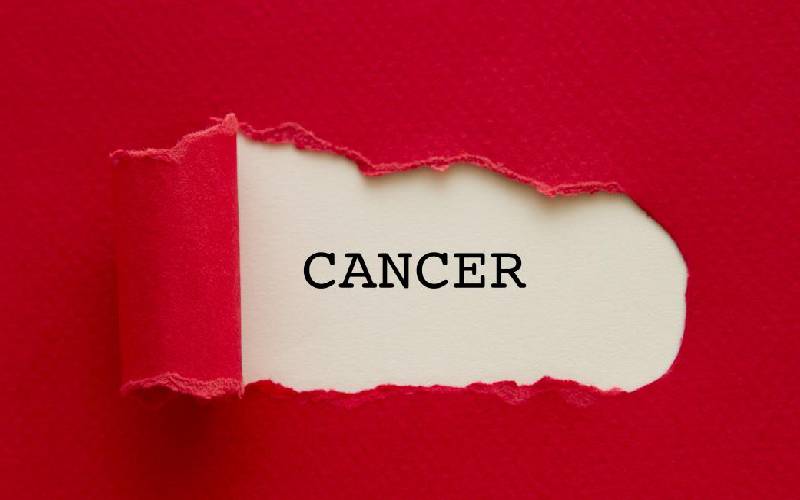×
The Standard e-Paper
Smart Minds Choose Us

Cancer is a health problem leading to mortality in both developing and developed countries. In Kenya, it is the third cause of morbidity. It causes seven per cent of total mortality every year.